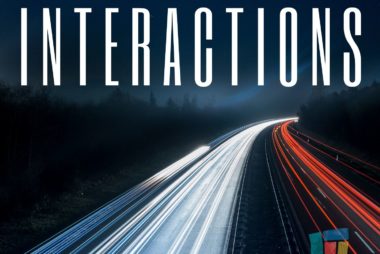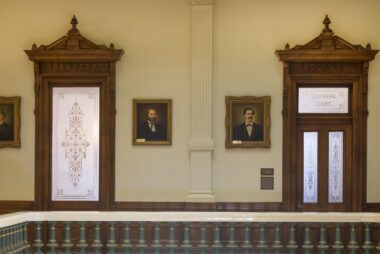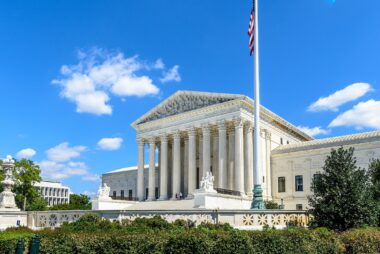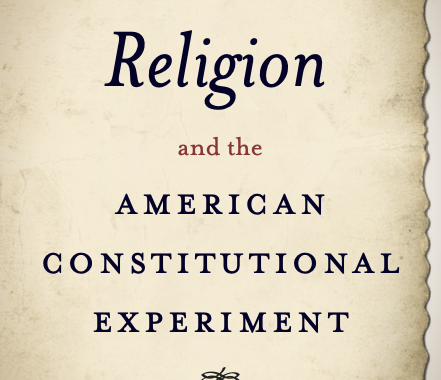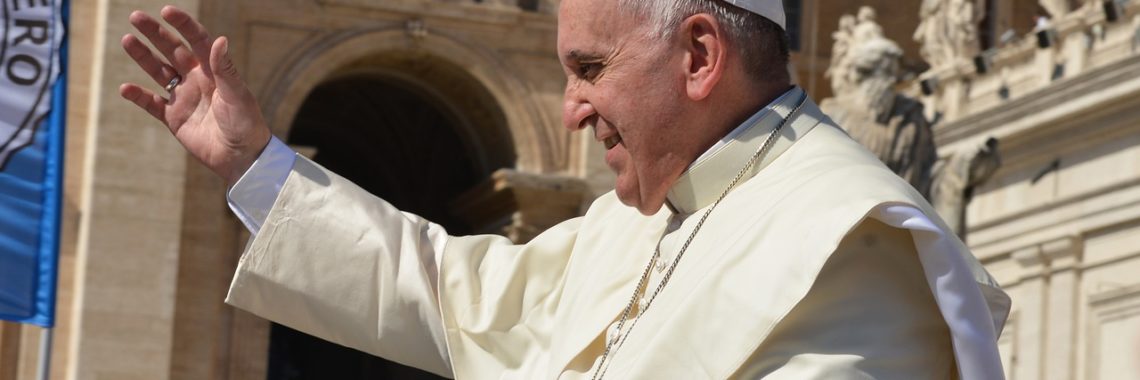“Prayer is Everywhere” by Leslie Griffin
“Candlelight” from Pixabay (License) Prayer is everywhere. Everyone is disputing prayer, even though the First Amendment states “Congress shall make no law respecting an establishment of religion, or prohibiting the free exercise thereof.” Or maybe the problem lies in the wording of the amendment itself. Establishment or free exercise? The Supreme Court has set numerous…



